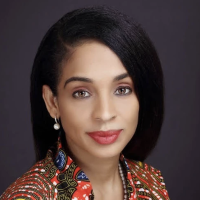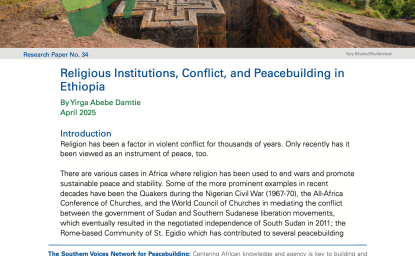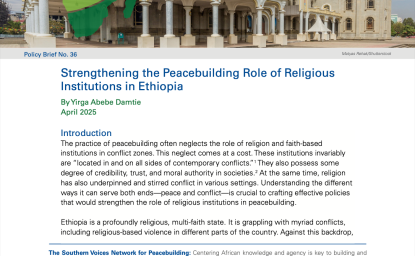F
or the first time in history, twelve African artists from four countries are nominated across multiple categories in the 2025 Grammys. The nominations reflect Afrobeats’ rise and African music’s global impact. Sub-Saharan Africa’s music industry is the fastest-growing worldwide, with revenue up over 20% in 2023 alone. The industry showcases how African youth are transforming the continent’s creative landscape across fashion, technology, and beyond.
Africa is not only undergoing a cultural renaissance but also emerging as a global economic force. The African Continental Free Trade Area (AfCFTA), encompassing 54 nations, has created one of the world’s largest free trade zones, unlocking vast market potential for global economies, including the United States. In 2023, intra-African trade reached 14.9% of Africa’s total trade, up from 13.6% the previous year. This growth is driven by AfCFTA’s tariff reductions, improved transportation, and digital trade expansion. Projects such as the Lagos–Abidjan Corridor, connecting Nigeria and Ivory Coast, have smoothed trade flows across West Africa, benefiting industries ranging from manufacturing to agriculture and catalyzing regional economic growth.
In spite of these positive trends, Africa continues to be burdened by persistent negative stereotypes that hinder its potential on the world stage. Africa No Filter recently estimated that these stereotypes, which often paint Africa as a “hungry child” or a region of “risk,” cost the continent an estimated $4.2 billion in annual interest rates. These costs are likely higher, considering the skewed credit ratings that inflate borrowing costs for African countries. According to the United Nations Development Programme, Africa could save up to $74.5 billion if credit ratings reflected the financial risks more accurately. A global narrative that frames Africa mainly in terms of crisis disregards the resilience and potential of the world’s fastest-growing continent.
To be clear: the ongoing crises of debt, climate, and conflict in parts of Africa must not be ignored. But the continent is poised to meet these challenges with innovative solutions that reflect countries’ actual wants, not what the rest of the world presumes they need. Strengthening partnerships is beneficial to the health, economic growth, and national security of all countries. As new leadership emerges in the United States and other major economies, increased investment in African infrastructure, value-addition interventions, and digital payment systems will further unlock intra-regional trade and growth.
Global media has a responsibility to move beyond stereotypes to highlight African success stories and innovations. At ONE, we advocate for Africa’s agency by collaborating with media and influencers to tell authentic stories. We are pushing for fair financing, enabling trade policies, and transformative investment in critical sectors. Africa’s trajectory reflects resilience, creativity, and strength. With the right partnerships and an accurate global narrative, the potential for growth is vast—not only for Africa but for a world that stands to benefit from an empowered and flourishing continent.
Author


Africa Program
The Africa Program works to address the most critical issues facing Africa and US-Africa relations, build mutually beneficial US-Africa relations, and enhance knowledge and understanding about Africa in the United States. The Program achieves its mission through in-depth research and analyses, public discussion, working groups, and briefings that bring together policymakers, practitioners, and subject matter experts to analyze and offer practical options for tackling key challenges in Africa and in US-Africa relations. Read more

Explore More
Browse Insights & Analysis
Religious Institutions, Conflict, and Peacebuilding in Ethiopia

Spying on Poachers

